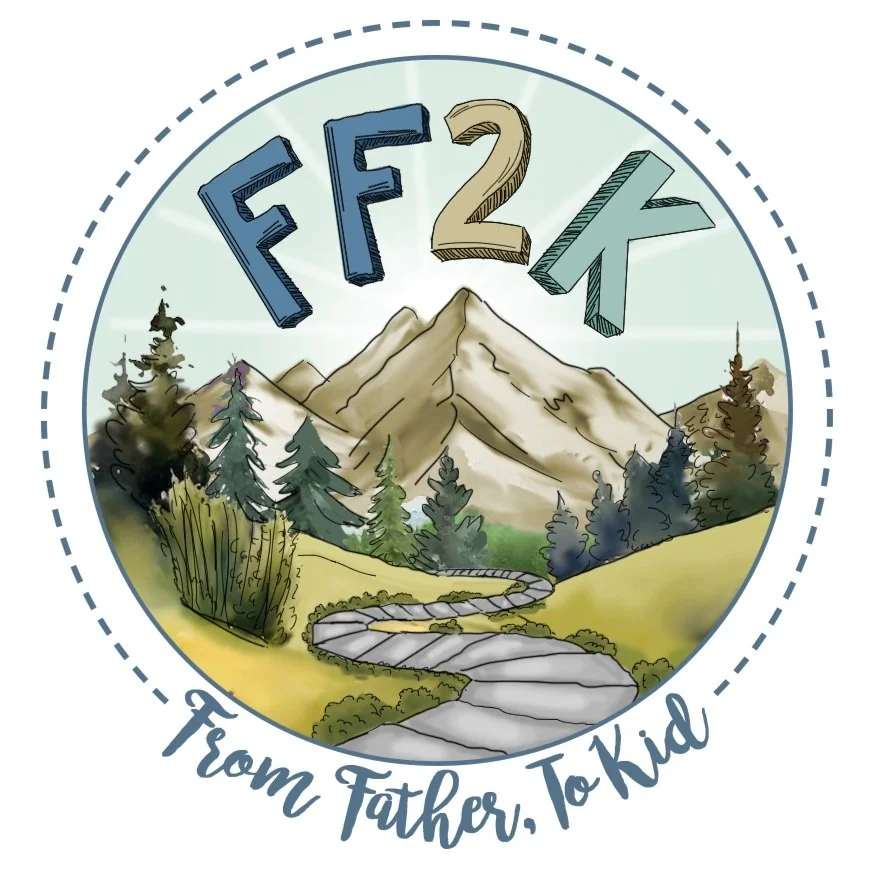Rediscovering joy
“Your true self cannot flourish if you’re hiding in the shadows of who you think you should be.”
Debbie FordCreativity has always been woven into the fabric of my life. In elementary school, I wrestled over whether to choose “enriched art” or “enriched music” because I wanted both. I dove into sculpture, painting, and drawing in middle school, and by high school, I was in IB and AP art, learning piano during lunch, designing yearbooks, and writing songs. A piece of my art even hung in the Texas State Capitol. In college, I learned guitar and started my degree in advertising with a focus on creative work. Even professionally, I was the one in media who could mock up anything we needed because I knew Photoshop. Outside of work, I took vocal lessons, wrote and recorded music, and even started this blog as a creative outlet.
Creativity wasn’t just a hobby; it was a huge part of who I was—and I even had validation to keep going throughout the years.
But when I joined a full-service agency with designated creatives on staff, something shifted. I started to “adapt.” I let my situation define me, shrinking away from the creative side because I didn’t feel like it was my place anymore. And I didn’t even realize it.
For almost a decade, I allowed that part of me to disappear. The other aspects of life simply increased, so the hole that creativity left, was filled with something. Just not something as meaningful.
It wasn’t until therapy, about a year ago, that I realized just how much I’d lost. I was seeing an art therapist—though I didn’t know she was one until Mom looked her up and told me. When I asked her to incorporate art into our sessions, it was like unlocking a part of myself I’d forgotten. I started making art again, wrote a song for the first time in years, and found joy in creating things like I used to. That rediscovery even led to us starting our podcast together, something I still re-listen to on tough days.
Looking back, it’s wild to me that I spent so many years without realizing what I had lost. Creativity was such a big part of my life, and yet I had let it fade away without a second thought. And if something so important to me could fade away, anything can be lost if we don’t realize it.
I share this because I’ve realized that adaptability—while often celebrated—can sometimes take you away from what makes you, you. I let my environment steer me away from something I loved, and I wish I hadn’t. So when you read this, I want you to think about what brings you joy. What part of yourself have you left behind in the process of adapting to the world around you? And if there’s something you’ve lost touch with, please, pick it up again. Don’t wait a decade to remember who you are.
Whether it’s creativity, a sport, a hobby, or a connection with people—whatever brings you joy, take it back and reignite the parts of yourself that make you whole.
